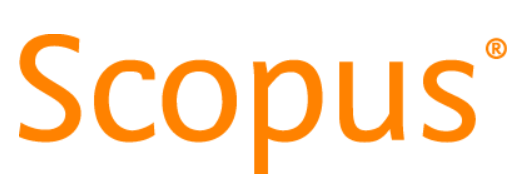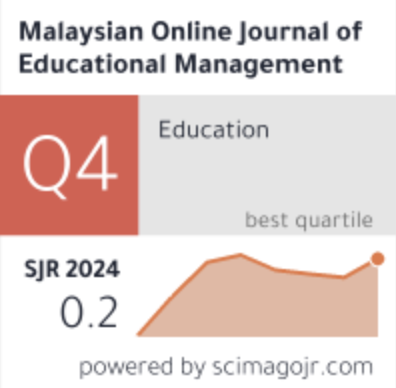THE EFFECT OF SELF-EFFICACY AND SELF-ESTEEM ON TENDENCY FOR ENTREPRENEURSHIP AMONG UNIVERSITY STUDENTS
DOI:
https://doi.org/10.22452/mojem.vol4no3.1Abstract
This is a descriptive-correlation research design aimed at investigating the impact of belief in self-efficacy and self-esteem on the tendency for entrepreneurship among university students. The statistical population included all 3000 undergraduate and postgraduate students studying agriculture and natural resources at the University of Zabol in Iran. Using Cochran’s formula and the random sampling method with probability proportional to size, 210 students were selected as the sample. The data collection instrument was a survey questionnaire. Validity of the questionnaire was reviewed and approved by a group of experts. Cronbach’s alpha was used to test the reliability of the measuring instruments. Values obtained were .83, .86, and .74 for the tendency for entrepreneurship, self-efficacy belief, and self-esteem, respectively. Data analysis was done using SPSS(V.21). Results from correlation analysis revealed a positive and significant relationship between self-efficacy beliefs and the tendency for entrepreneurship among university students. Moreover, the findings of multiple regression analysis indicated that 27% of the variance of dependent variable explains the tendency for entrepreneurship through self-efficacy belief.









